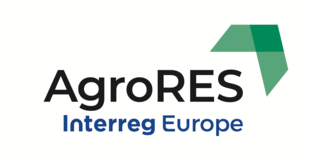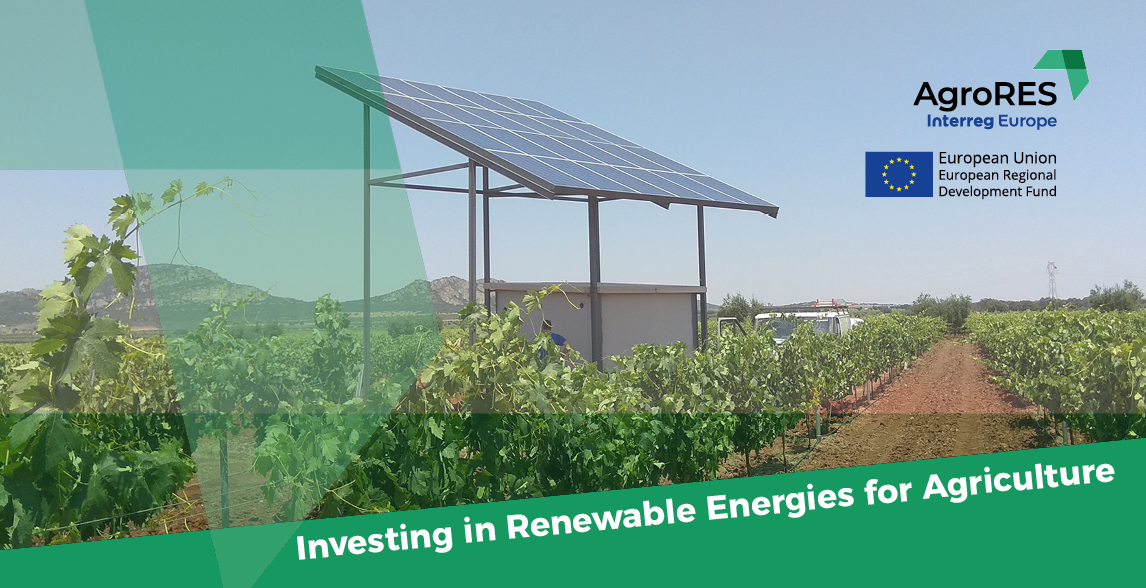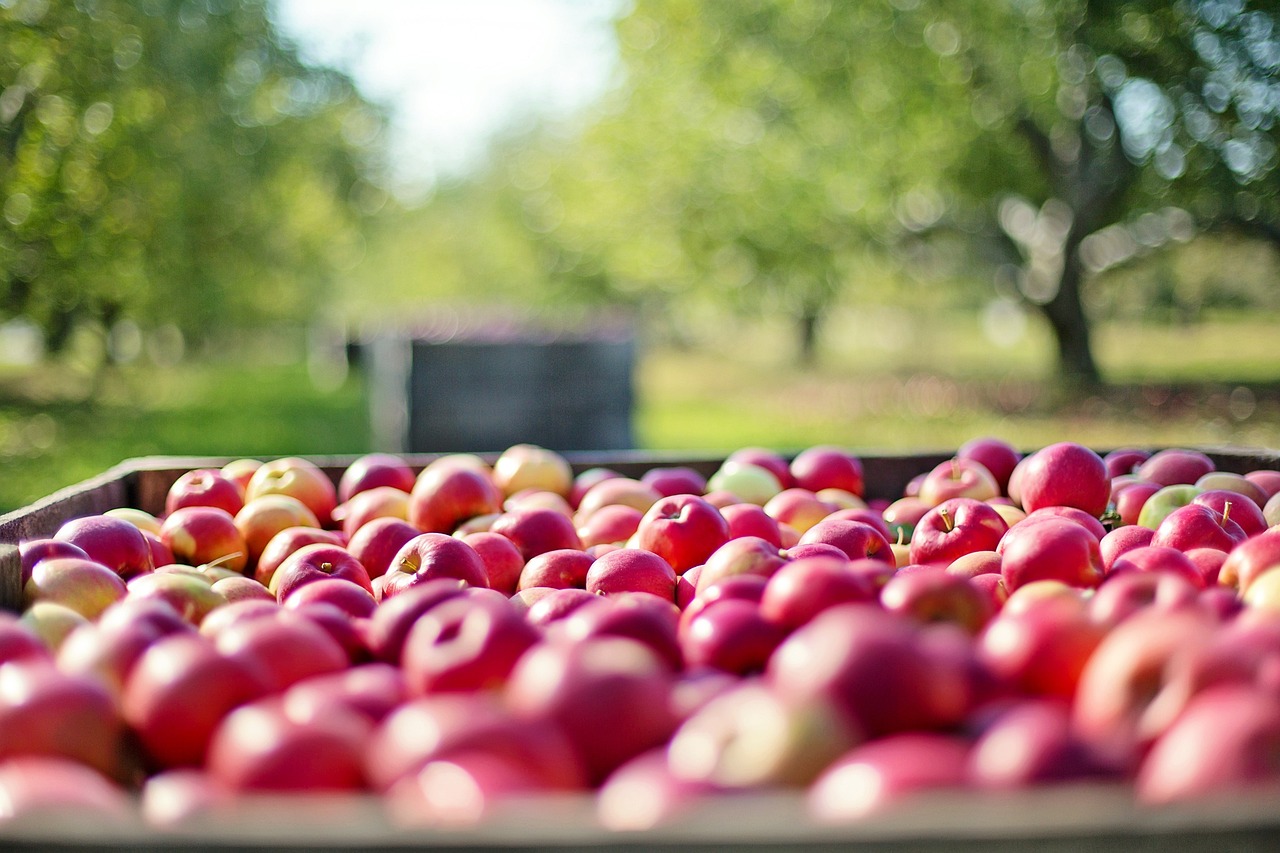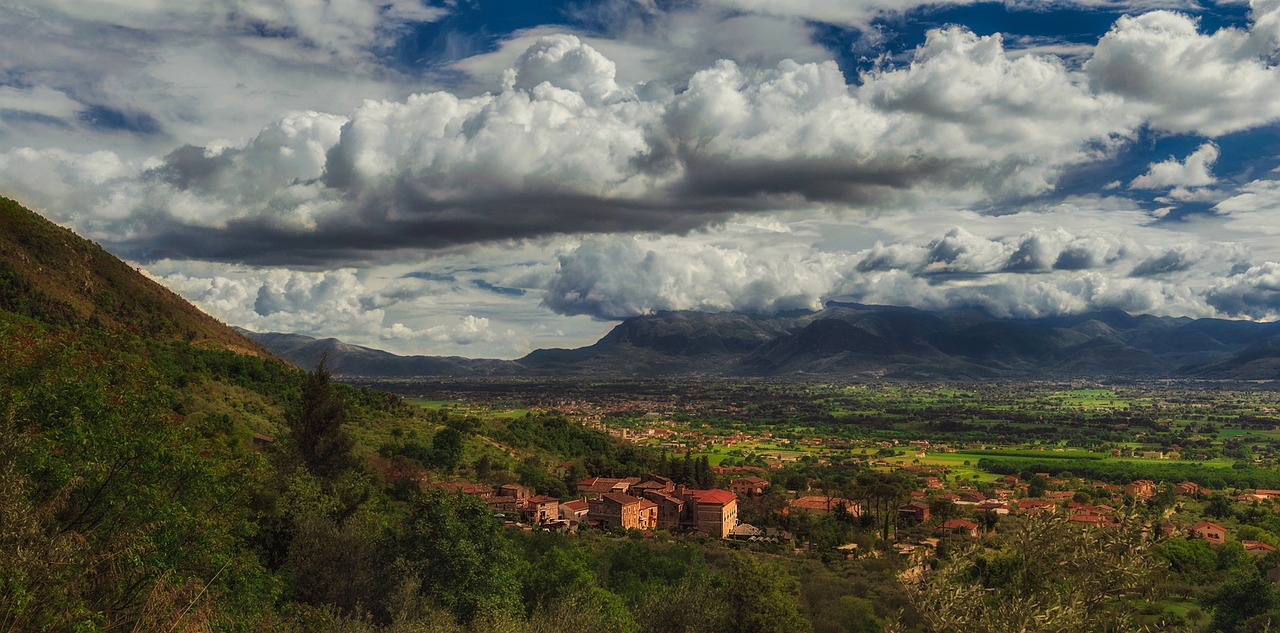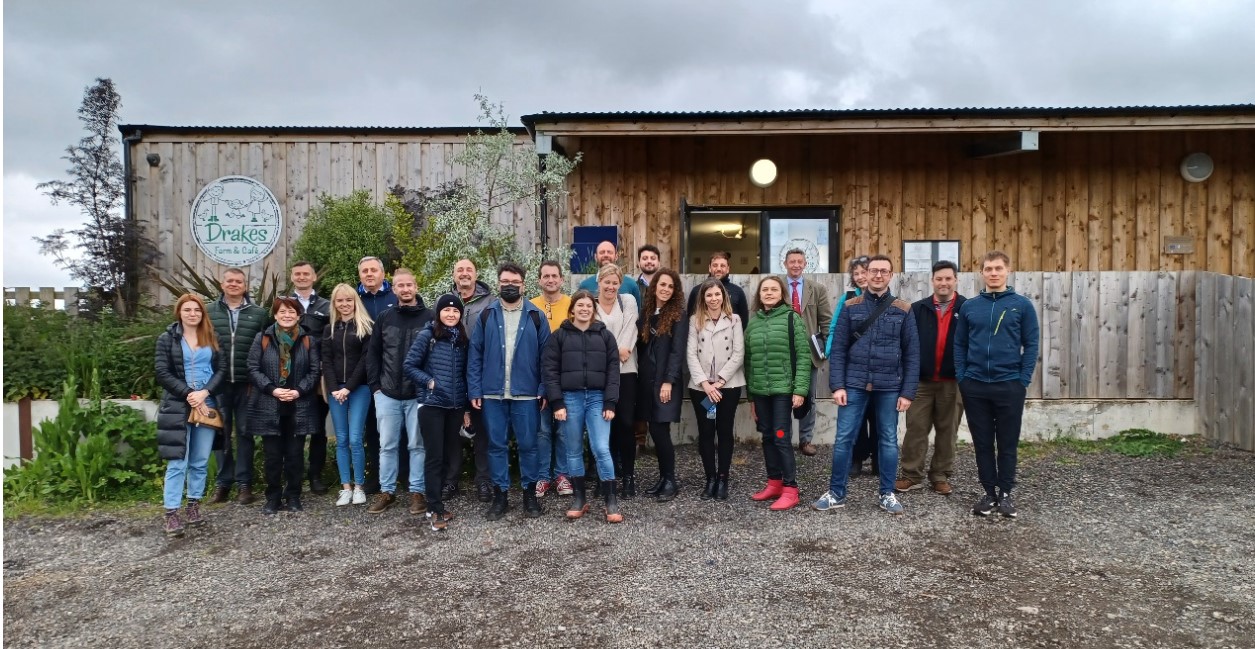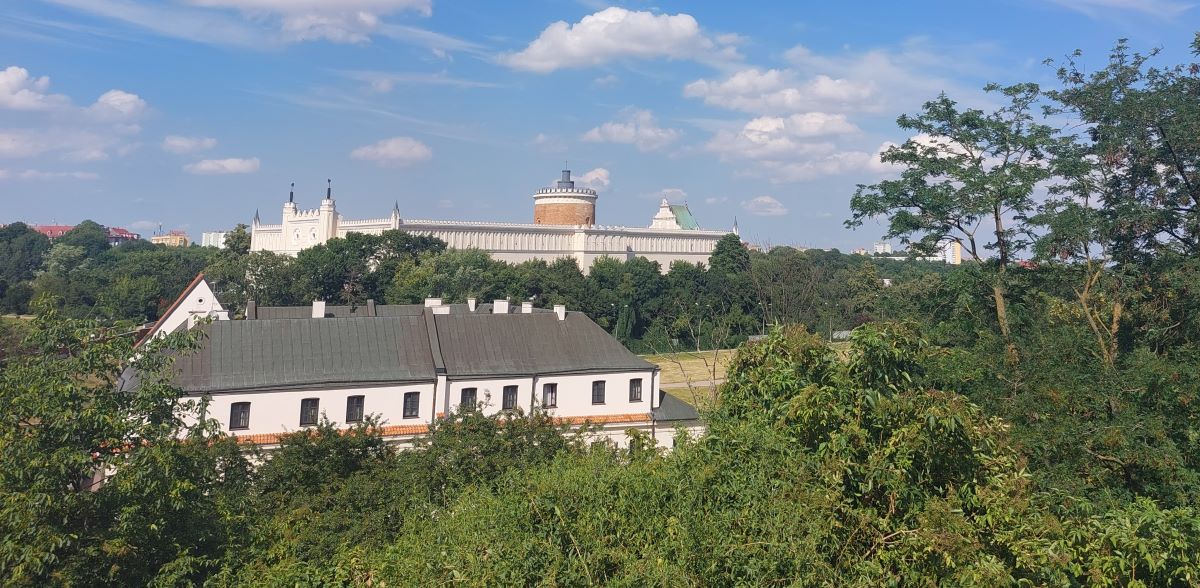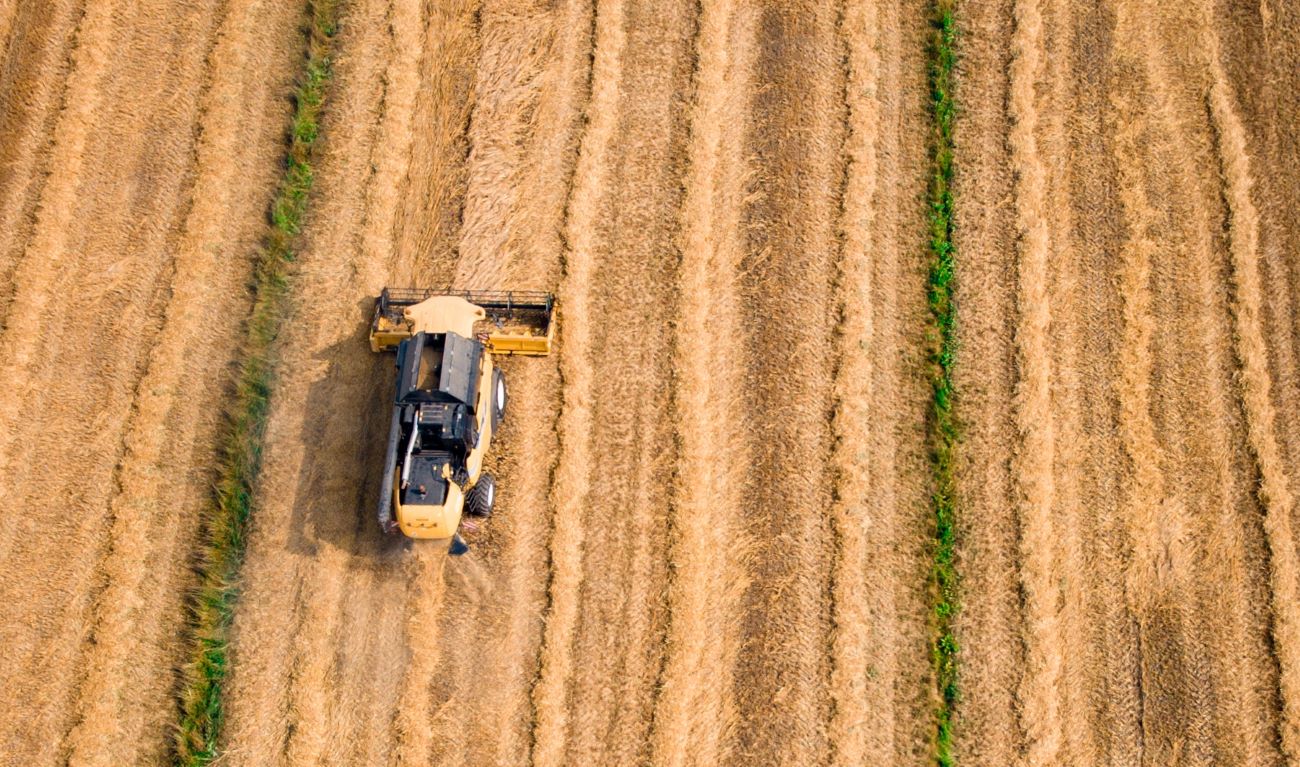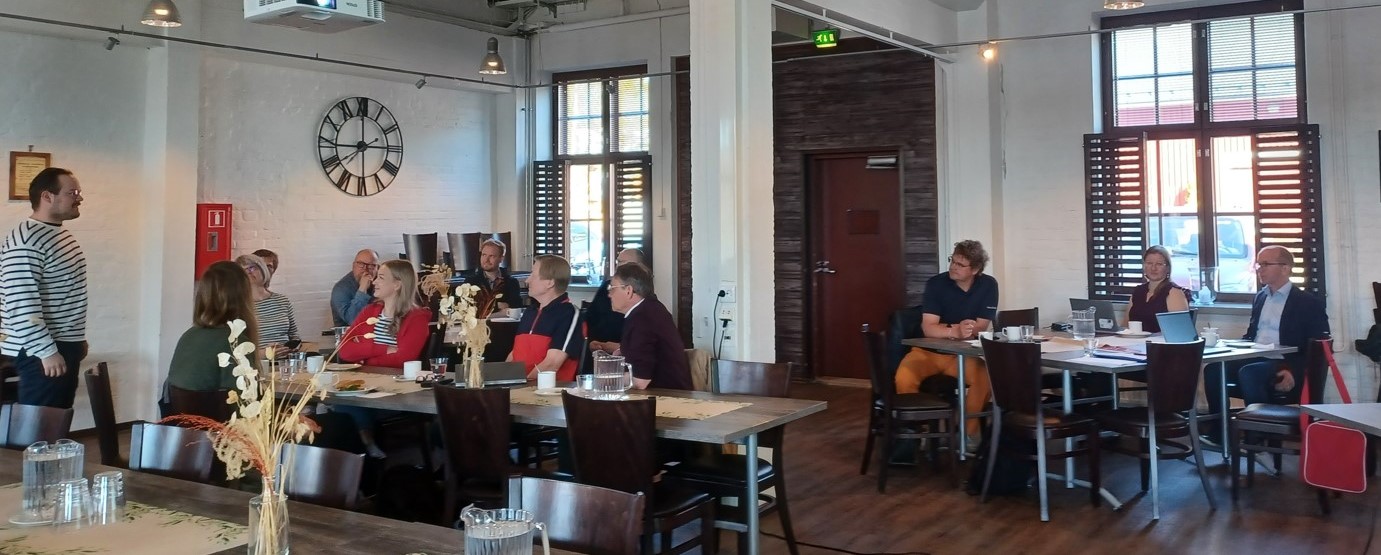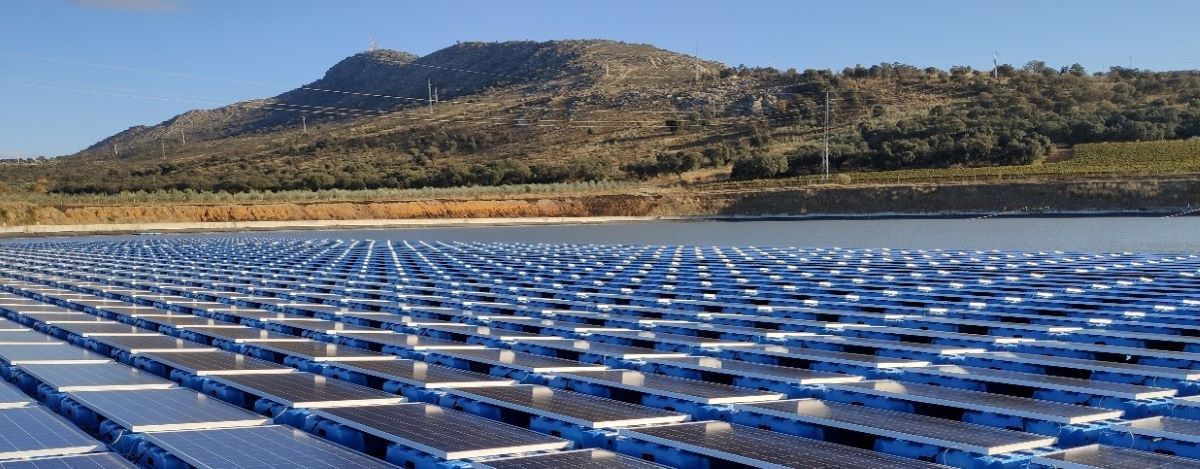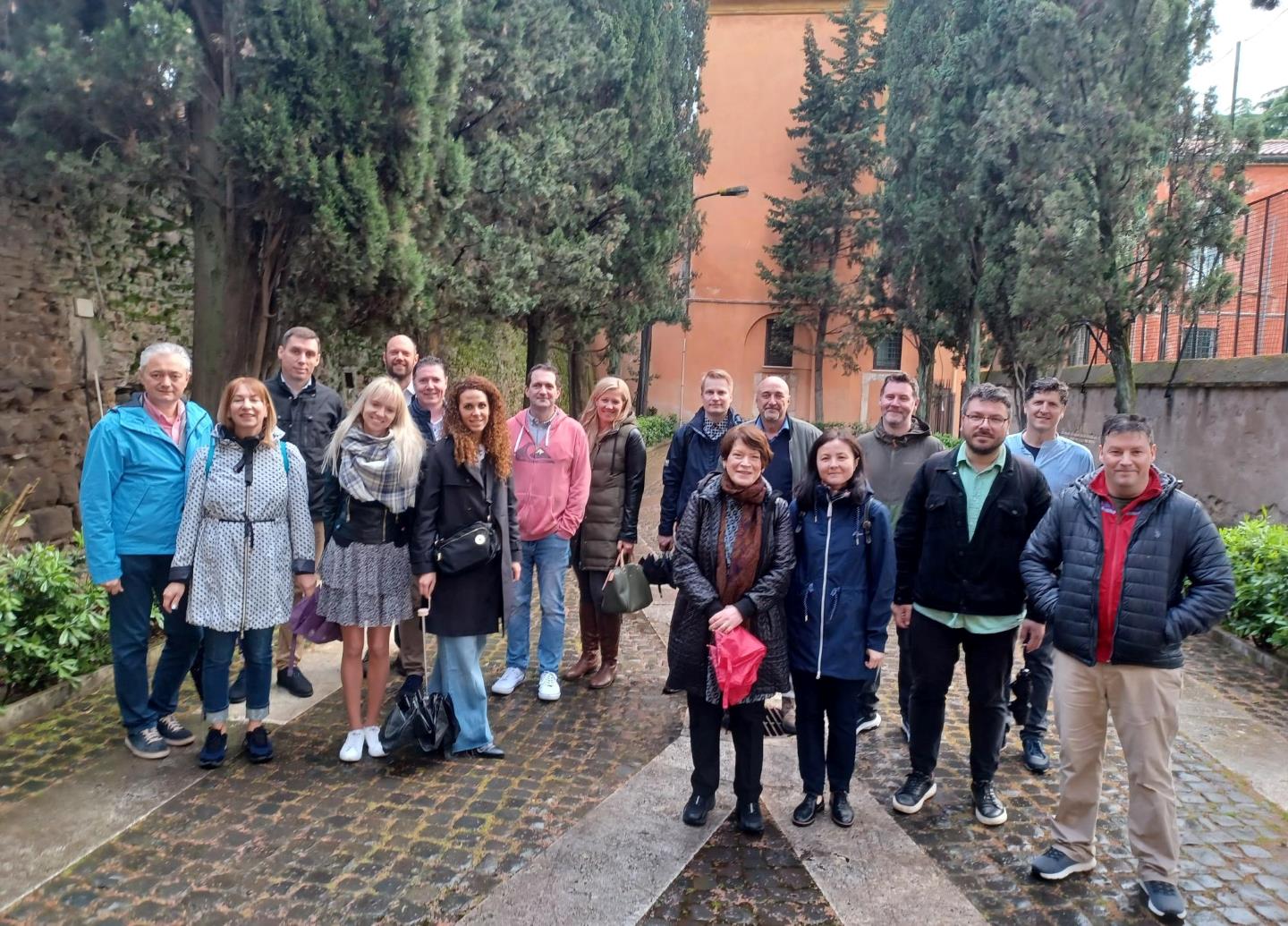Devon County Council (DCC) has supported community energy projects since 2011 and the county now has one of the most thriving community energy sectors anywhere in the UK. Through the AgroRES project, DCC learnt about how the agricultural sector can work with the community energy sector to increase the use of renewable energy to meet net-zero goals.
One opportunity is through a new business model that uses a Virtual Power Purchase Agreement (VPPA). VPPAs are gaining in popularity – they enable an organization to financially support the development of a renewable energy project in return for the carbon savings which can be used to ‘net-off’ the carbon emissions of the organization. DCC has completed critical work packages relating to this opportunity, including:
- a draft head of terms template. This is the initial contractual document between the generator and financial supporter.
- an independent future energy prices dataset, which will help community generators and financial supporters understand the potential future financial cost and benefit of the VPPA. This will help both parties to negotiate a unit price for the energy.
DCC also researched the use of biomass in rural locations, presenting the case for such uses at the interregional final event in Rome.
The community-energy business case has been difficult to develop due to the energy crisis that reached its peak during the course of this project. This not only affected prices but the tumultuous market conditions also caused community energy groups to be more cautious. Another issue in the UK has been the very high cost and time delays of connecting to the grid. Designing smaller arrays make it possible to avoid the grid connection issue, however it also means higher installation costs and this has again been worsened by the current period of high inflation.
These issues have combined to mean that, presently, community-owned energy is not able to compete with commercial providers on a purely financial basis. However, the co-benefits associated with community energy projects – such as keeping profits in the local economy and increased community networks and resilience from bringing people together to address local issues – offer a reason for larger organizations such as councils, utility companies and universities to consider paying a small premium for energy from local, community-owned projects. This opportunity continues to be explored in Devon.
One of the most beneficial elements of the project has been the interregional exchange of ideas that led to DCC producing best practice guidance in conjunction with partners and stakeholders from Ireland and Finland. The showcase of such projects during the Devon Interregional Event in 2022 hosted by DCC has inspired other partner regions in composing their own AgroRES action plans to support community energy.
